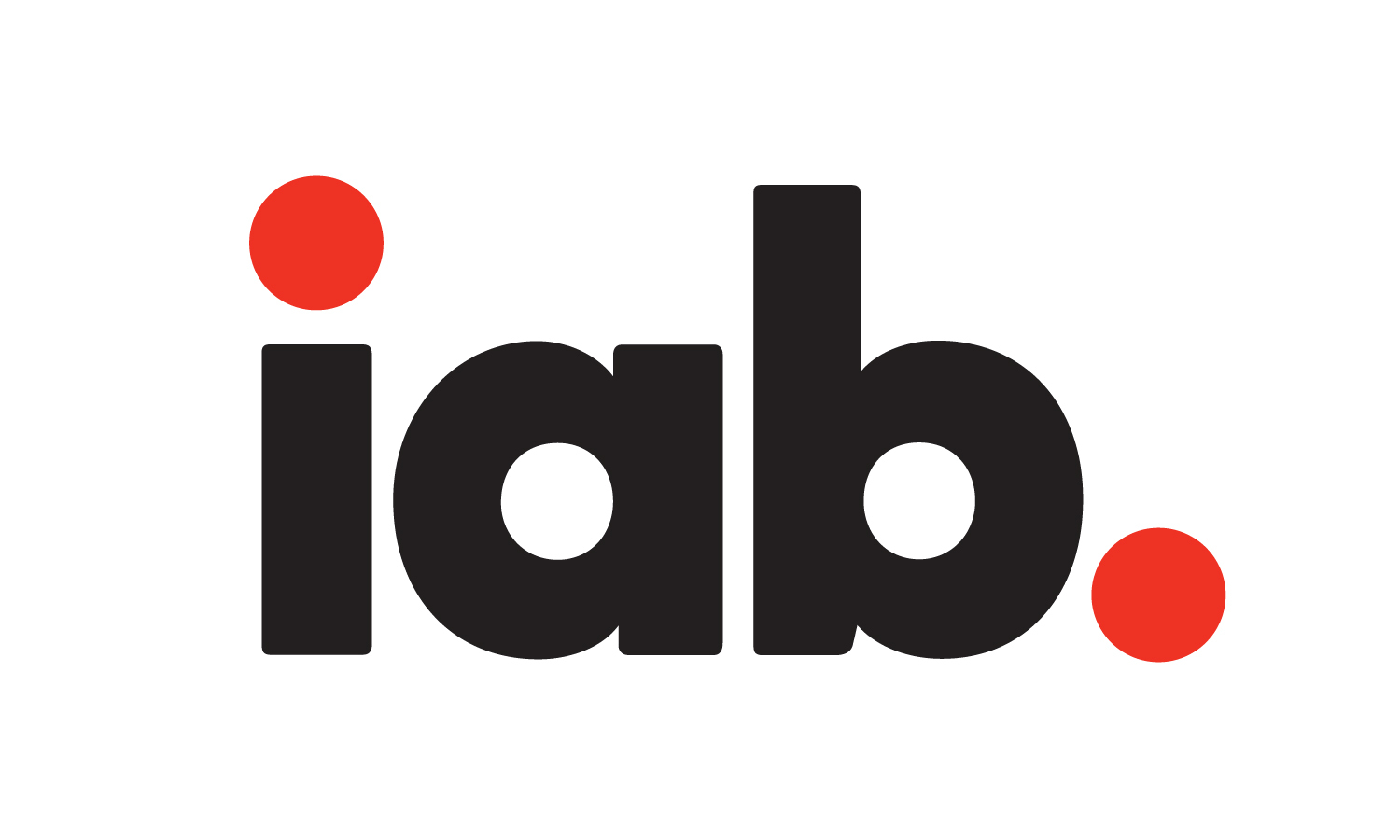Microwave Radio Communications (MRC) wasn’t the only manufacturer to be investigated by the FCC for manufacturing, importing, marketing or selling 4.9 GHz microwave equipment. The FCC launched an investigation into Broadcast Microwave Systems’ (BMS) Carry-Coder II (CCII) COFDM Digital Wireless Camera System in May this year. However, unlike MRC, BMS was able to enter into a Consent Decree with the FCC instead of receiving a $7,000 notice of apparent liability, which is what the FCC calls a proposed fine.
As part of the consent decree, BMS agreed to make a $5,000 “voluntary contribution” to the U.S. Treasury. The company agreed that the CCII equipment it distributes on or after the effective date of the consent decree will comply with FCC rules. BMS also had to designate a “regulatory compliance engineer” to administer the regulatory compliance plan it must adopt and supervise BMS’s compliance with the Communications Act, FCC rules and the consent decree. The compliance engineer will also serve as the BMS point of contact for all commission-related compliance matters. This person will report to the president of BMS, who will retain ultimate responsibility within BMS “for determining whether the manufacture, importation, marketing, sale, lease, labeling and notice requirements for such devices are in compliance with the FCC Compliance Procedures.”
The professional video industry's #1 source for news, trends and product and tech information. Sign up below.

Doug Lung is one of America's foremost authorities on broadcast RF technology. As vice president of Broadcast Technology for NBCUniversal Local, H. Douglas Lung leads NBC and Telemundo-owned stations’ RF and transmission affairs, including microwave, radars, satellite uplinks, and FCC technical filings. Beginning his career in 1976 at KSCI in Los Angeles, Lung has nearly 50 years of experience in broadcast television engineering. Beginning in 1985, he led the engineering department for what was to become the Telemundo network and station group, assisting in the design, construction and installation of the company’s broadcast and cable facilities. Other projects include work on the launch of Hawaii’s first UHF TV station, the rollout and testing of the ATSC mobile-handheld standard, and software development related to the incentive auction TV spectrum repack. A longtime columnist for TV Technology, Doug is also a regular contributor to IEEE Broadcast Technology. He is the recipient of the 2023 NAB Television Engineering Award. He also received a Tech Leadership Award from TV Tech publisher Future plc in 2021 and is a member of the IEEE Broadcast Technology Society and the Society of Broadcast Engineers.
